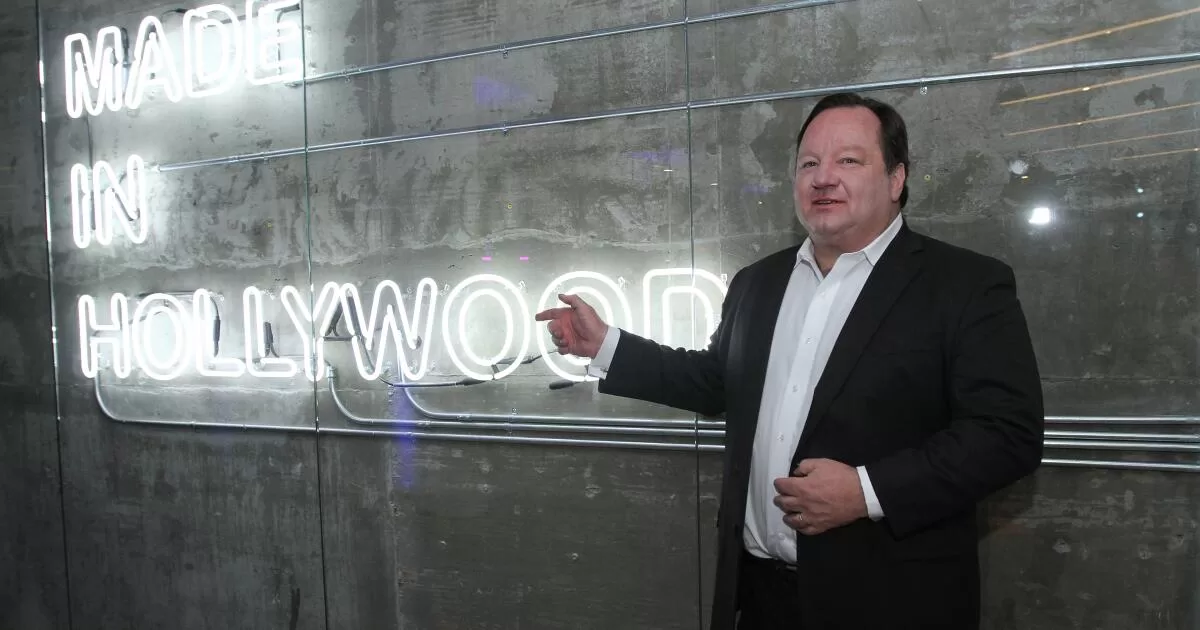Bakish’s departure comes as Paramount’s future hangs in the balance.
The company is currently in a 30-day exclusive negotiating period with tech scion David Ellison, whose Skydance Media has teamed up with investment firms RedBird Capital and KKR to acquire Paramount controlling shareholder Shari Redstone’s National Amusements holding company. That exclusive negotiating period ends in early May.
Under a complicated two-step proposition, Ellison would gain control of the media company, which includes the storied Melrose Avenue Paramount movie studio, broadcast network CBS and various cable channels such as MTV and Comedy Central. Ellison’s camp would pay $2 billion for National Amusements, and Paramount would then absorb Skydance.
But shareholders have balked at reports of Ellison’s proposal, arguing that it would value Redstone’s shares at a premium while diluting the value for them. Several shareholders have said they’d prefer a deal with private equity firm Apollo Global Management, which is offering $26 billion, including the assumption of Paramount’s debt.
Bakish is said to have been opposed to the Skydance transaction. Redstone, according to one person familiar with the matter, has also been frustrated with certain of Bakish’s decisions, including not selling Showtime. The company, meanwhile, has lost massive amounts of money on its streaming service, Paramount+.
The company now known as Paramount Global formed in 2019 from the merger of Viacom Inc. and CBS Corp. But the combination never convinced Wall Street of its promise. In the last year alone, Paramount Global’s stock has lost nearly half its value.
Recently, Sony has engaged in talks with Apollo to potentially join its bid, which could give the Japanese entertainment and electronics company a significant majority stake in Paramount.
CNBC and Variety first reported the news of Bakish’s ouster. CNBC, in its report, said Bakish could be fired as soon as Monday, citing anonymous sources.
Representatives for Paramount declined to comment.
Bakish was named CEO in 2016, after a tumultuous year for the company then known as Viacom. At the time, the company’s stock had fallen 45% in two years as Viacom faced declining ratings at some of its key networks, including Comedy Central and MTV, as well as struggles at its Paramount Pictures film studio.
After Redstone orchestrated the merger of Viacom with CBS, Bakish became CEO of the combined enterprise.
Bakish had been a Viacom executive since 1997. Before that, he was a management consultant with an MBA from Columbia Business School.
In 2016, Redstone described Bakish as “an exemplary forward thinker” who “embraces disruption and brings teams along with him.”
